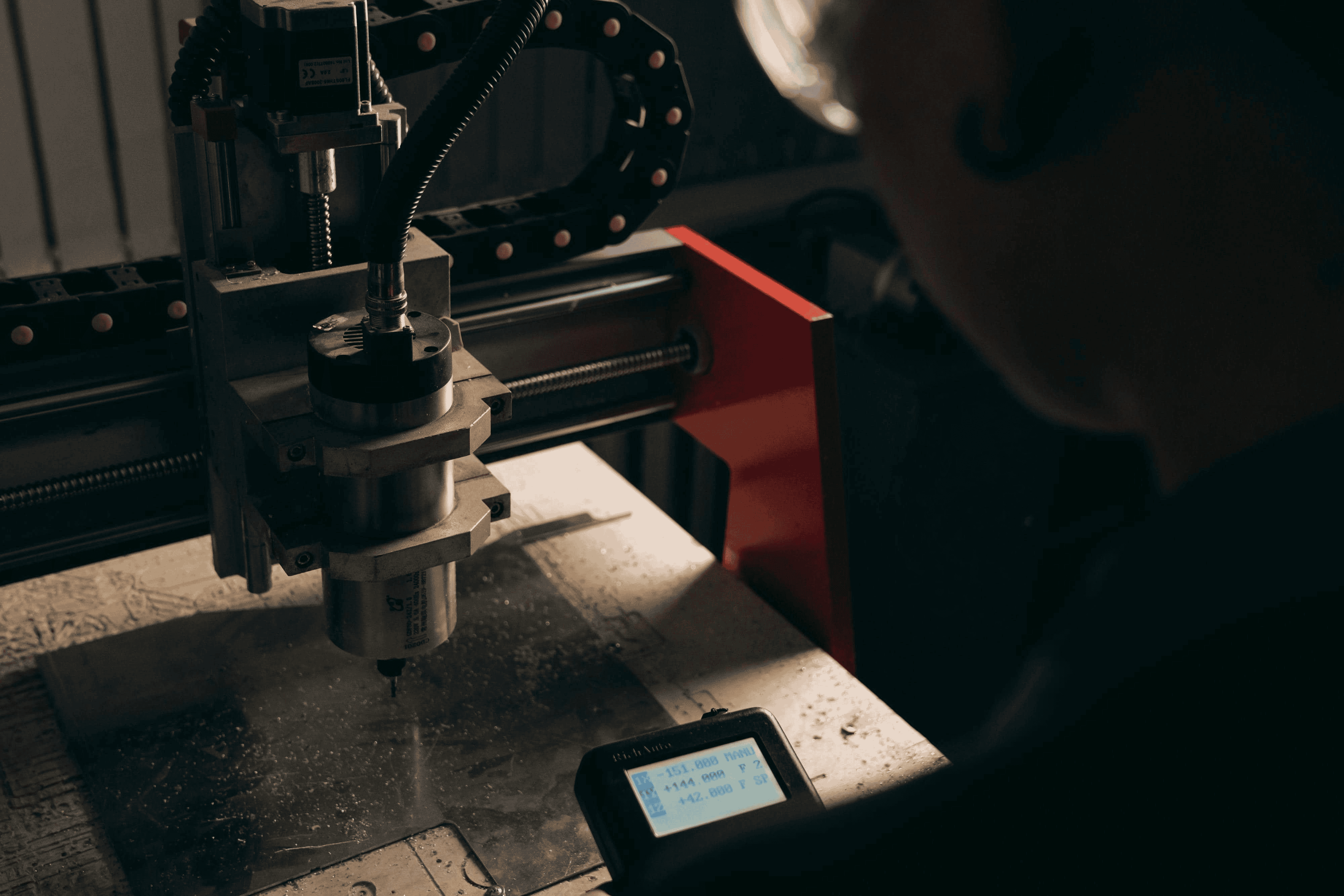Custom Fabrication

Texas welding certification test at an AWS accredited facility as a welder performs a 3G plate qualification
Welding certification proves you can deposit sound weld metal under a written procedure and to a specific code. In Texas, most employers ask for a performance qualification from a recognized standard such as AWS D1.1 for structural steel, ASME Section IX for pressure work, or API 1104 for pipelines. The test involves prepping material, following a procedure, welding in a position like 1G through 6G, and passing visual and bend or radiography inspection. Certification is tied to the process and position you test on, not a general license. Keep continuity logs every six months to show you are still welding with that process and remain current.
Texas does not issue a statewide welder license. When people search welding license Texas, they often discover that licensing is handled at the municipal or project level. Certain cities or inspectors may require a local credential for structural work. Always verify local rules before you bid a job.
If you want to know how to become a welder in Texas, start by finishing high school or earning a GED. Reading blueprints, doing simple math, and understanding measurements will help you advance quickly. Next, choose a path to training. Community colleges, technical schools, and apprenticeship programs across Texas offer hands on labs where you can practice MIG, flux core, stick, and TIG on plate and pipe.
Pick the process and material that match your career goals. Structural ironwork calls for flux core or stick on heavy plate to AWS D1.1 or D1.5. Sanitary tube and aerospace lean on TIG with tight fit ups. Pipelines rely on stick and TIG with downhill or uphill techniques per API 1104. Tell your instructor which test you plan to take so your practice mirrors a real qualification.
Schedule a performance test at an accredited facility. The AWS Certified Welder program and many independent test shops in Texas can witness and record your test under a qualified procedure. Typical fees range from a couple hundred dollars to several hundred depending on material, position, and retests. Once you pass, you will receive a welder performance qualification record and instructions for maintaining continuity.
Build your resume with safety and site credentials. OSHA 10 or 30 cards improve your hireability. Refineries and ports may ask for a TWIC card. If you plan to work on regulated pipelines, operator qualification requirements apply alongside your weld test.
A common question is how to become a certified welder in Texas without wasting time or money. Align your certification to the work you want. Structural shops prefer AWS D1.1 plate tests like 3G and 4G. Pipe shops lean on ASME Section IX or API 1104, often in 6G. Automotive and motorsports fabricators value TIG skills on thin wall aluminum and stainless with clean fit up and heat control.
While there is no statewide licensing, some jurisdictions may require a local card for structural work, which leads many to search welding certification Texas versus welding license Texas. Project owners and inspectors make the call on what they accept. Always read the bid documents for code requirements and continuity expectations.
Motivated learners can earn an entry level certification in a few months with daily practice. A fuller program that includes multiple processes, positions, and materials can take nine to twelve months. Keep a training log, film your welds, study failure modes on bend tests, and practice joint prep with consistent bevel angles and root openings. The goal is repeatability.
Pick a test that opens doors. For structural work, a 3G and 4G plate combo demonstrates vertical and overhead control. For pipe, a 6G test proves you can weld around a fixed pipe in all positions. Ask your prospective employer which code they use and schedule that exact performance test at a recognized facility. Keep copies of your WPS, WPQR, and continuity records in both digital and printed form.
After you pass the test, the real learning happens on jobs that demand accuracy, speed, and consistency. That is where a professional shop environment makes a difference. At OZK Customs, our team delivers complex metalwork daily, from structural assemblies to precision TIG on thin sections. Explore our Custom fabrication to see how certified skills translate to finished parts. If you are focused on sharpening specific processes or want to understand how code level welds live inside full builds, review our Fabrication services for real world applications. Curious about our track record and client experience before you reach out? Start with Why choose OZK to see how we uphold quality and communication.
Whether you are researching how to become a certified welder in Texas or mapping your next certification, invest in fundamentals, test to the code you want to work under, then apply those skills on projects that demand precision. That combination builds a career, not just a card.
Ready to put certified work into motion? Share your fabrication goals and let OZK Customs help you plan the materials, joints, and finish standards that match your vision.
We're happy to talk specs, fitment, or just bounce ideas around.
Bring your certified skills to a shop that builds with precision. If you are ready to apply your Texas welding certification on real projects, tell us about your goals. OZK Customs handles complex metalwork, from structural assemblies to fine TIG work. Share your project to get expert guidance and a clear path to a finished, road ready result.
ADDRESS:
6159 E Huntsville Rd, Fayetteville, AR 72701
PHONE:
(479) 326-9200
EMAIL:
info@ozkvans.com